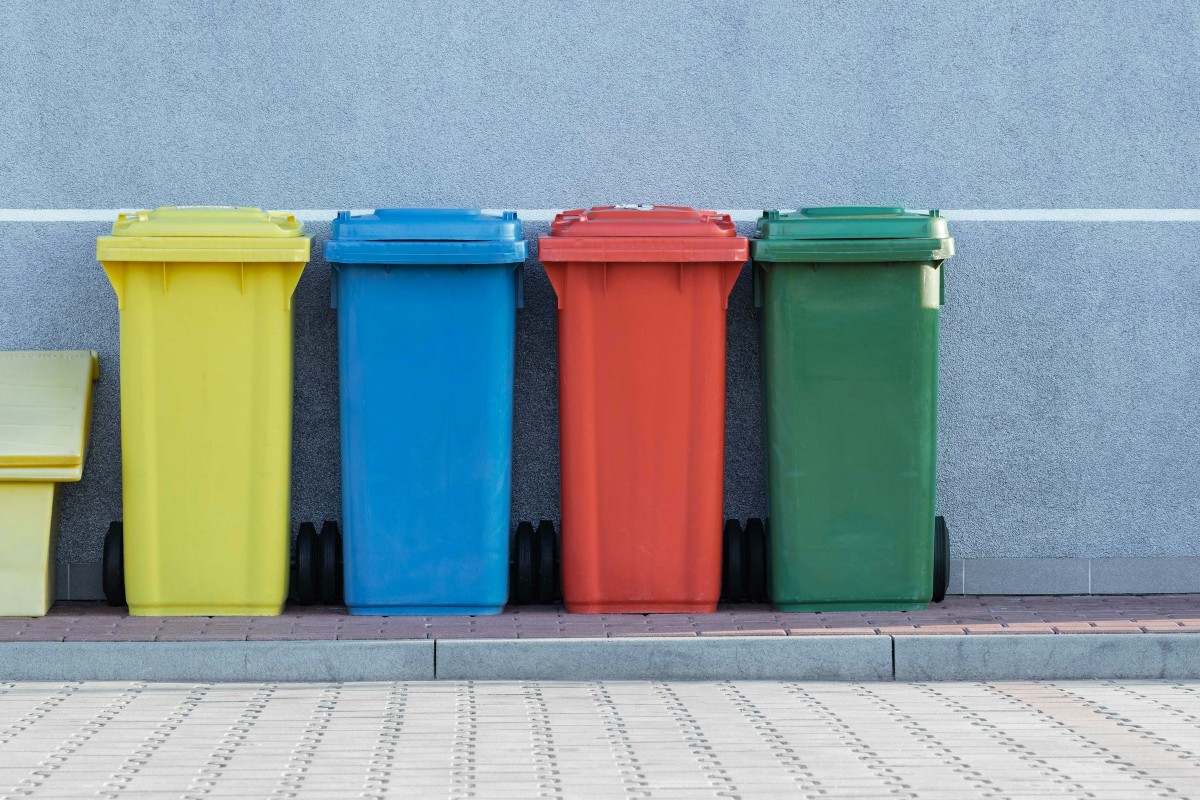
To keep the streets and public roads clean, local councils charge what is known as the rubbish tax, a tax for collecting and cleaning waste, and its subsequent treatment and recycling.
If you own a house, you have probably paid this tax. This article explains what it is for, who has to pay it, how the amount is calculated and any other information related to the rubbish tax.
What services are covered by the rubbish tax?
The solid urban waste collection tax, also known as the rubbish tax, is a local public tax linked to the waste collection service. The council can manage this service, but in some cases, it may also commission companies to carry it out.
This tax covers waste collection and cleaning rubbish bins. It also includes the subsequent recycling treatment in specialised recycling centres. It should be noted that, as with any tax, it is applied once the service is started.
How is the rubbish tax calculated?
There is no fixed amount. Rubbish tax is calculated by each local authority, i.e. it is up to local councils to set it, which they do annually. Therefore, if you want a specific amount, you will have to refer to the council's regulations.
However, some methods are available to see how it is calculated or work out how much must be paid. The amount also depends on the property type. For example, for residential properties, it is (often) calculated according to its location or square metres. In contrast, for premises, it depends on the activity carried out, the amount of rubbish, etc.
Some factors or issues to consider when calculating the amount of the rubbish tax are:
- Standard rate: In many cities, all households have a fixed rate and pay the same amount.
- Water consumption: Some cities set the rate based on how much water is consumed in the property.
- Amount of rubbish generated
- Location: In some towns and cities, the amount is decided according to the tax category of the street where the house is located, without considering its size or other factors.
- Property size: In cities like Vitoria, the cost is based on the property size, rather than its location.
- Cadastral value: In some areas, the rate is set according to the property's cadastral value, which is revised periodically.
- Other criteria
Solid Urban Waste Collection tax characteristics
Refuse tax has to be paid by individuals, companies or entities using housing or premises in areas where the service is carried out. This includes landlords, tenants and other users of these spaces.
But who has to pay the rubbish tax in a rented flat? The owner of a rented flat or premises can pass the rubbish tax on to the tenant. To do so, it must be reflected in the rental contract.
Who pays this tax when selling a property? Generally, the seller must sell the flat free of encumbrances. Therefore, they must pay the taxes that have been generated until the contract of sale is formalised and executed.
When is the rubbish tax paid?
The rubbish tax is payable as soon as the collection service starts at your home or business. If your property is under construction or in an area not offering this service, you do not have to pay, even if the local council generally charges this tax.
However, local councils decide how this tax is handled and the specifics. Generally, the first payment is made according to the months you will use the service that year (from the time you move in or start a business). After that, you pay every year, on the date decided by the council.
The deadline or the period in which you have to pay the rubbish collection tax is set by local councils. There is no fixed date. For example, in Barcelona, it is paid from 1 May to 30 June, while in Madrid it is paid from 1 October to 30 November.